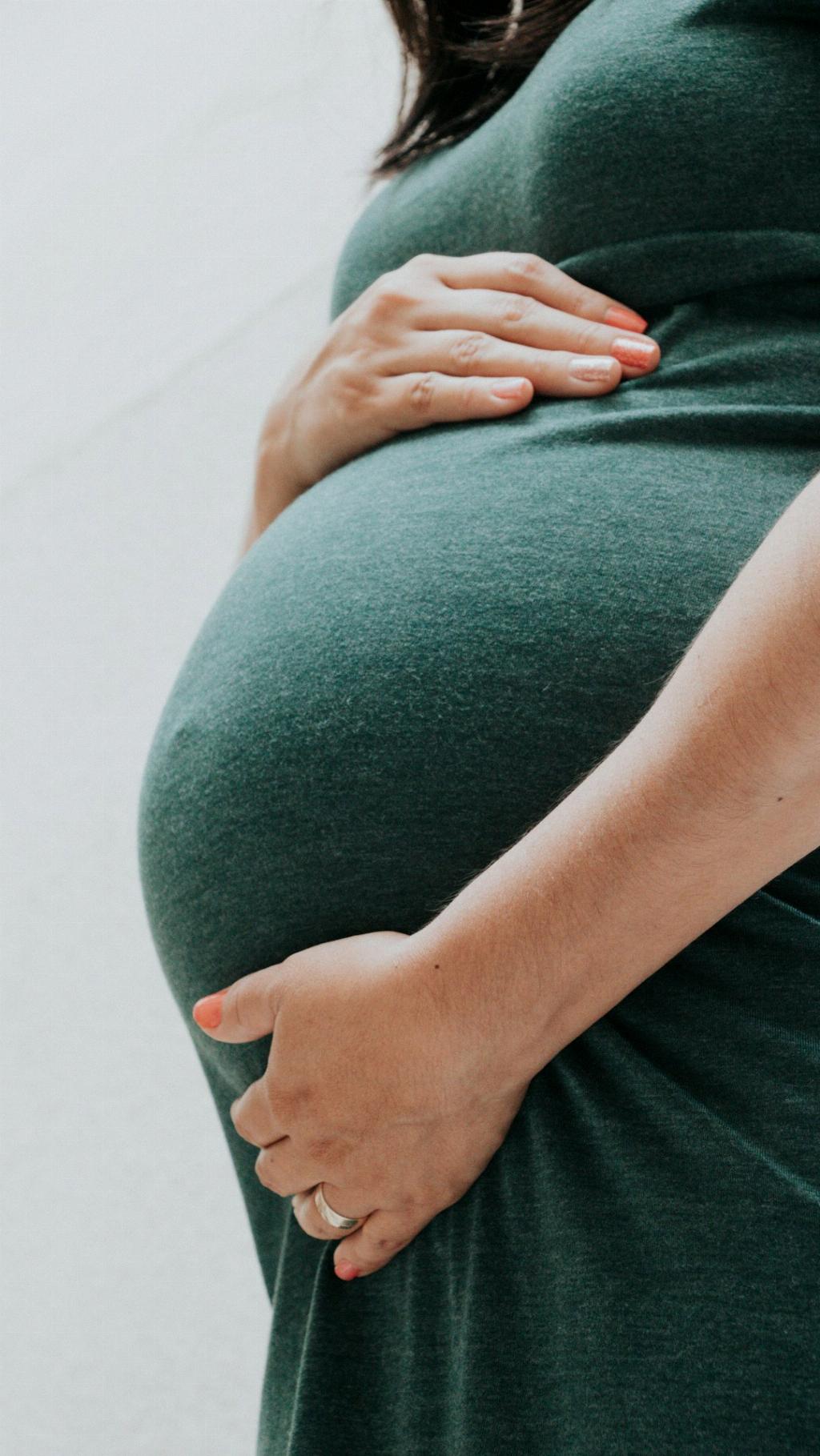When it comes to the question of whether you can drink low alcohol wine during pregnancy, it’s important to consider the potential risks and consequences involved. While low alcohol wine may contain less alcohol compared to regular wine, it is still advisable to err on the side of caution and abstain from alcohol consumption altogether during pregnancy.
Medical experts and health organizations universally recommend that pregnant women avoid alcohol completely during pregnancy, as there is no known safe level of alcohol consumption that has been proven to be risk-free for the developing fetus. Alcohol can easily cross the placenta and reach the baby, potentially causing harm to its growth and development.
Even though low alcohol wine may have a reduced alcohol content, it is essential to understand that any amount of alcohol consumed during pregnancy can pose a risk to the unborn baby. The effects of alcohol on fetal development can be detrimental and may lead to a range of physical, mental, and behavioral issues known as Fetal Alcohol Spectrum Disorders (FASDs).
It is crucial to prioritize the well-being and health of the baby during pregnancy, and avoiding alcohol is a key step in promoting a healthy pregnancy. The potential risks associated with alcohol consumption during pregnancy outweigh any perceived benefits or enjoyment that may come from drinking low alcohol wine.
Furthermore, the decision to abstain from alcohol during pregnancy is not just about the immediate health impact. It is also about setting a positive example for your child, promoting responsible behaviors, and prioritizing their long-term health and well-being from the earliest stages of life.
While some studies may suggest that moderate alcohol consumption may not be harmful during pregnancy, the safest approach is always to abstain completely. The risks of alcohol-related harm to the baby far outweigh any potential benefits, and it is not worth taking any chances when it comes to the health and development of your child.
Additionally, the effects of alcohol on pregnancy can vary from woman to woman, and there is no way to predict how any amount of alcohol may impact the unborn baby. The safest course of action is always to avoid alcohol altogether and focus on maintaining a healthy lifestyle and diet to support a positive pregnancy experience.
Ultimately, the best choice for the health and well-being of both mother and baby during pregnancy is to avoid alcohol entirely. This includes refraining from consuming low alcohol wine, as even small amounts of alcohol can have lasting and detrimental effects on the developing fetus.
It is important to remember that pregnancy is a temporary period in which your choices and behaviors can have a lasting impact on the health and development of your child. By prioritizing your baby’s well-being and avoiding alcohol consumption, you are taking a proactive step towards ensuring a healthy and successful pregnancy.
Consulting with a healthcare provider or obstetrician can provide further guidance and support in making informed decisions about alcohol consumption during pregnancy. It is always advisable to seek professional advice and recommendations to ensure the best possible outcomes for both mother and baby.
In conclusion, while the temptation to enjoy a glass of low alcohol wine during pregnancy may arise, it is crucial to prioritize the safety and health of your developing baby. Choosing to abstain from alcohol completely is the best decision you can make to support a healthy pregnancy and ensure the well-being of your child both now and in the future.

